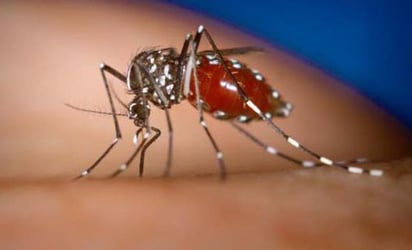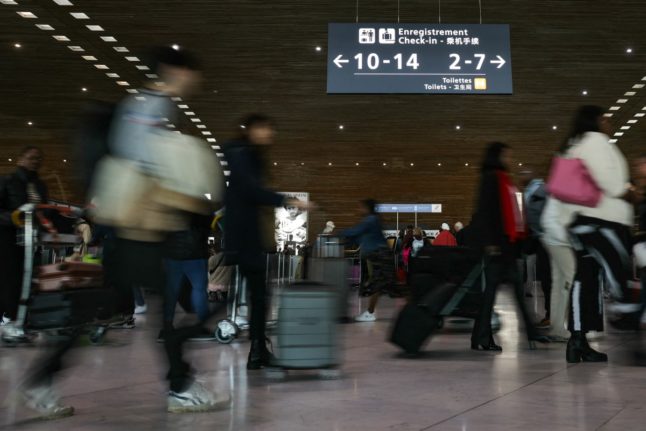“Unfortunately in the last two or three years we have noticed more exotic mosquito types in Austria – such as the Asian tiger mosquito – which are active during the day,” Franz Allerberger, from the Agency for Health and Food Safety (AGES), told the ORF.
He says the invasive Asian mosquitoes have already been spotted in Graz, and are likely to come to the Vienna area in the next year or two.
The Asian tiger mosquito has become more common in central Europe, due to the global transport of goods and increasing international travel. It doesn't need wetlands to breed and can survive colder winters. Researcher Bernhard Seidel, who first discovered the species in Austria in 2011, says that they came to Austria via Slovenia and Switzerland.
They tend to colonise urbanised areas and will breed around houses and gardens in small containers such as bird baths, containers, and old tyres. There are concerns that the mosquitoes, which are vicious biters, could transmit diseases such as West Nile virus, as well as new, emerging diseases like dengue fever and chikungunya – both of which can be deadly.
Allerberger said the common house mosquito is more likely to breed after flooding, and the easiest way to eliminate them is to empty water that collects in buckets, cans, jars, barrels, boats, discarded tires, clogged roof gutters, paddling pools or pool covers and any artificially created collection of water.
Cutting down weeds, trimming and maintaining shrubs and grass also helps reduce adult mosquito populations that hide in vegetation.
In 2011 the common house mosquito was found to be carrying West Nile virus in Lower Austria, and in 2014 mosquitoes in Vienna were also found to be carriers of the disease. The virus is similar to the ‘flu and lasts around a week – there is no vaccination for it.
Experts recommend using mosquito nets, fly screens, and wearing light coloured, loose fitting clothing with long sleeves and legs to prevent bites. Mosquito repellent sprays contain chemicals which deter the mosquito from biting, but should not be used on small children or babies. Mosquito nets are recommended as the best way to protect babies in prams.



 Please whitelist us to continue reading.
Please whitelist us to continue reading.
Member comments